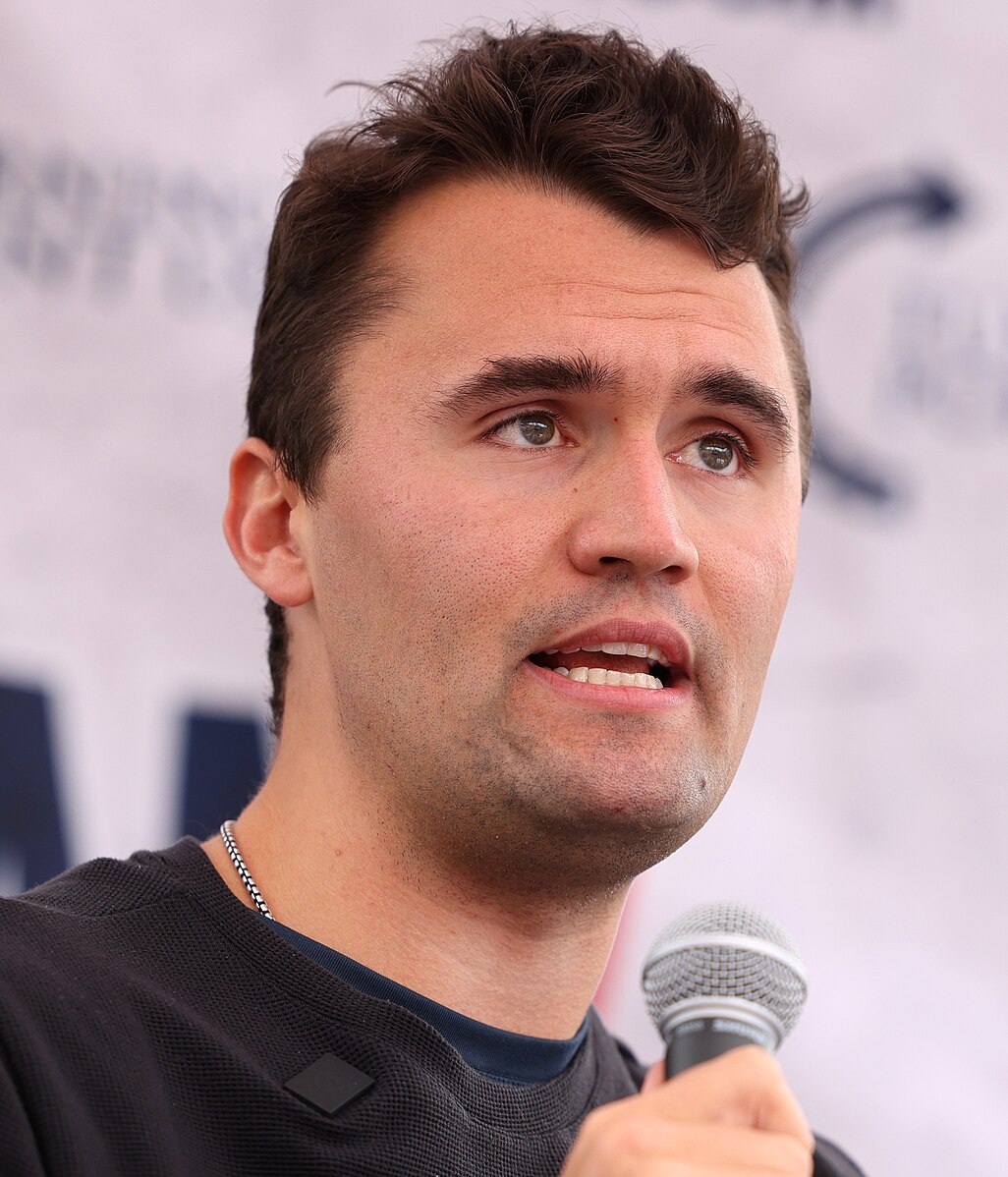By Susan Parker / Staff Writer
Proposition 34 presents a rational argument of the feasibility of California’s current death penalty costs. The moral debate of “an eye for an eye” no matter what the cost is losing grounds the longer California remains backlogged and at a stand still because of the under-funded workload that its capital cases have brought on.
Since enacting the death penalty in 1978, around 900 individuals have received the death sentence. Of these, only 14 have actually been executed, 83 have died prior to being executed, and 75 have had their sentence reduced by the courts. This 14 to 83 ratio is ridiculous.
By approving Proposition 34 California would cut off all of the expensive delays that buy these offenders life behind bars.
As of July, California had 725 offenders in state prison who were sentenced to death. Most of these cases are at various stages of the direct appeal or habeas corpus review process.
These extensive legal challenges ordinarily take 25 years to complete in California.
In fact, these cases have consumed so much of the state’s court resources that Riverside Superior Court, ranked first in below standard judicial needs by the Judicial Council, had to dismiss 18 criminal cases due to a lack of courtroom space and judges to hear those cases.
Many states have undertaken cost-benefit analyses to determine whether the death penalty’s benefits outweigh its costs. California outspends them all by an order of magnitude and needs to take a serious look at what savings have occurred with those states that have decided to eliminate the death penalty.
According to former death penalty prosecutor and senior judge, Arthur Alarcon and law professor Paula Mitchell’s review, California has spent $4 billion on the death penalty since 1978 and death penalty trials are 20 times more expensive than trials seeking life imprisonment without the possibility of parole.
California taxpayers would save well over $100 million every year if the death sentence was replaced with life imprisonment without the possibility of parole.
Proposition 34 would direct this $100 million saved each year to a new special fund called the “Savings, Accountability and Full Enforcement” California act fund.
Transferring funds from the state General Fund over the next four years, these monies would be distributed to local law enforcement, specifically, police departments, sheriffs and district attorney offices, to increase the rate at which homicide and rape cases are solved.
Former California Attorney General John Van de Kamp commented recently that in his view that there’s a strong economic argument for doing away with capital punishment.
“With California facing its most severe fiscal crisis in recent memory, with draconian cuts about to be imposed from Sacramento that will affect every resident of the state,” said Van de Kamp. “It would be crazy not to consider the fact that it will add as much as $1 billion over the next five years simply to keep the death penalty on the books.”
Former prosecutor and judge James Ardaiz argues in favor of California’s capital punishment law, saying it is a deterrent and the right moral choice.
The reality is that many people sit on death row for years and years, and it doesn’t fill the hole they’ve left behind, nor does it bring the victims back to life. It only seems like a fair trade, but no one wins. It’s a false hope.






